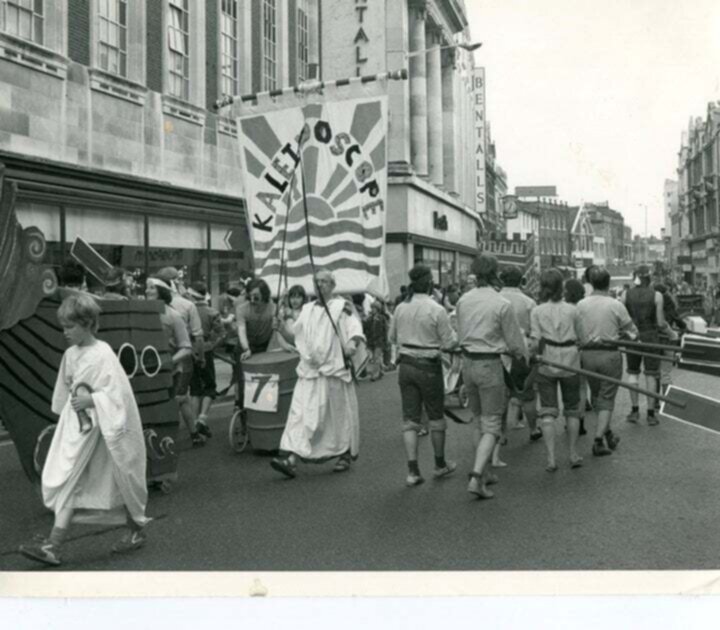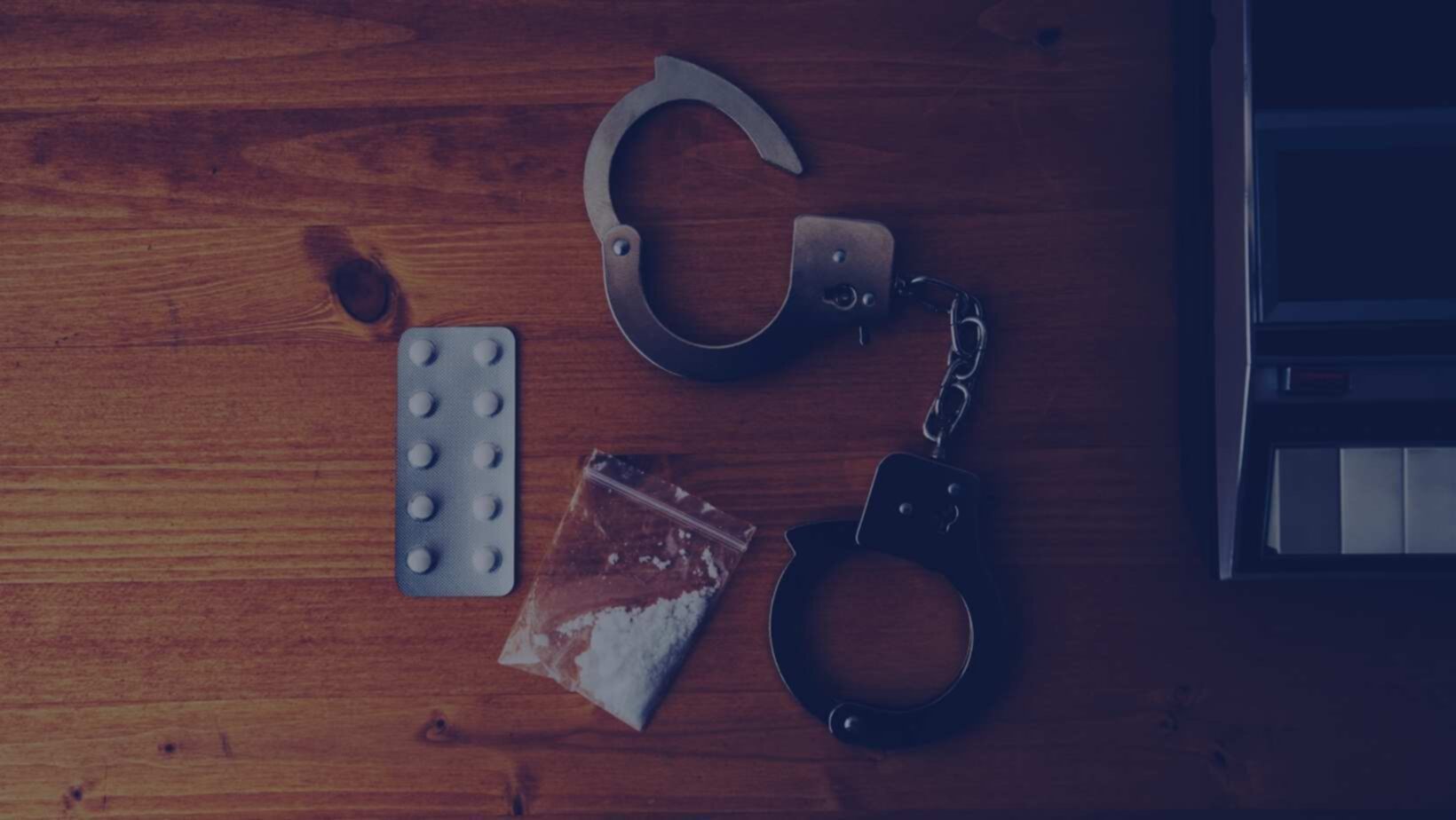
Another Tough Mile Ahead
22/10/2020
As many of you did, just last month I took part in A Mile for Recovery, to celebrate the incredible strength required to even begin the recovery journey. Living on a hill, I had decided to run one easy mile downhill, and the next uphill...

As I ran downhill the mile felt effortless, and I was fortunate enough to fully enjoy the scenery around me. My breathing was measured, my pace was good and I felt positive. Then, just as I neared the end of that mile, I started to think of the mile back home. As my uphill trajectory kicked in I thought, oh this is not so bad. However it does not take long for your breath to become laboured, and your legs to lose their spring. You lose the ability to hear your own heartbeat and the sweat begins to trickle into your eyes. The struggle begins.
The Recovery Journey
As I ran uphill I thought of people in recovery, and how for some the process involves concerted energy, some focus and a little determination, but that ultimately their goals feel attainable to them. The end is always in sight. For many however, reaching that goal is incredibly tough. The temptation to stop and take a breath is only too strong, and unless you have been training the task can simply feel too much.
I have always thought that recovery, when characterised by total abstinence and a consistent feeling of wellbeing, is an idealised state that is not realistic for many. Much in the same way that reaching the top of that hill effortlessly would be the achievement of a strong and select few. When I have taken part in a fell run, I have been in complete awe of those front runners who appear to glide up the Brecon Beacons, as if carried by anadl y ddraig. Very few can get there, and yet when you speak to the winner they point to where they can improve, what part of their training regime they need to tweak. Remember that those running so much better than you, seemingly without effort, are in fact running at the max. They feel the pain and still look at ways of becoming the ultimate runner, the best version of themselves.
Abstinence does not have to be the goal
Recovery from addiction is not defined by an absence of drugs, it is in being able to courageously confront life’s challenges without the help of substances. You have the skills you need to live the life you want. Indeed, if you have the recovery bricks – a good support system, reliable mental health, self-discipline and skills that serve you in finding employment – recovery can fall more easily within your reach. I believe there is not one way to feel you have recovered. Of course the journey may share similarities, but the experience of it is often very different. It is as individual and unique as you are. In some cases the destination may never be met, but beginning the journey alone should be applauded.
As we prepare for a second national lockdown here in Wales, and our neighbours in England move into ever tighter restrictions, we may not be feeling so strong. The spring was tough on us all and imagining the next six months is very difficult. As with recovery, some people will confront the idea of this comfortably. They will hone in on the positives, maybe working from home is good, they are enjoying more time spent with immediate family and their dreaded commute feels like a distant memory. The glass is indeed half full.
Many of us will be thinking, six months, I can do it, but like running uphill it will be hard work. We will miss out on many of the social events we enjoy, we will miss colleagues, we may feel anxious about the virus’ increasing presence and become more fearful for our parents. But we know in our hearts we will get to the top of that hill. There will be times when we look up and out to see the wonderful scenery, and we will help others up that hill which will be a good feeling. We have the strength to endure the struggle and life is kind enough for us to believe we can reach the summit.
Of course there will be others for whom the hill appears very daunting indeed, and we will be kind to them. They may be older, live alone, be confined in smaller living quarters, and the thought of winter offers no respite. Perhaps their mental health has already taken a hit, and their social circle is a lifeline that cannot be replaced by Zoom. The road is long and they cannot easily see the end.
A Lockdown Relapse
A recent peer-led survey, conducted by Kaleidoscope and partners, looked into the impact of COVID19 on our service users. Overwhelmingly, 73% reported a significant impact on their mental health. Respondents struggled with isolation and having many of their coping mechanisms, such as face-to-face support and volunteering roles they enjoyed, come to an end overnight. Importantly though, 95% of respondents continued to receive ongoing support during lockdown, testament to how quickly our incredible workforce adapted and how resilient our service users were in the face of rapidly changing service delivery. One message that came through loud and clear in the survey was that the way we experience this pandemic is anything but uniform, we have all undertaken a very different journey. But the era itself will be something we’ll all share, something that future generations will find difficult to truly understand, just as our experience of war is thankfully one we come to know through film and history books. And of course everyone’s experience of war is not uniform.
On this COVID journey we can learn skills that will help us to be better workers supporting vulnerable people. The uncertainty that the pandemic gives all of us is a feeling that many of our service users experience every day, that sense of anxiety and isolation is very much part of their lives. In some ways it is why some of our service users are more resilient to deal with this pandemic than many of us are.

Martin Blakebrough
CEO at Kaleidoscope
Share


